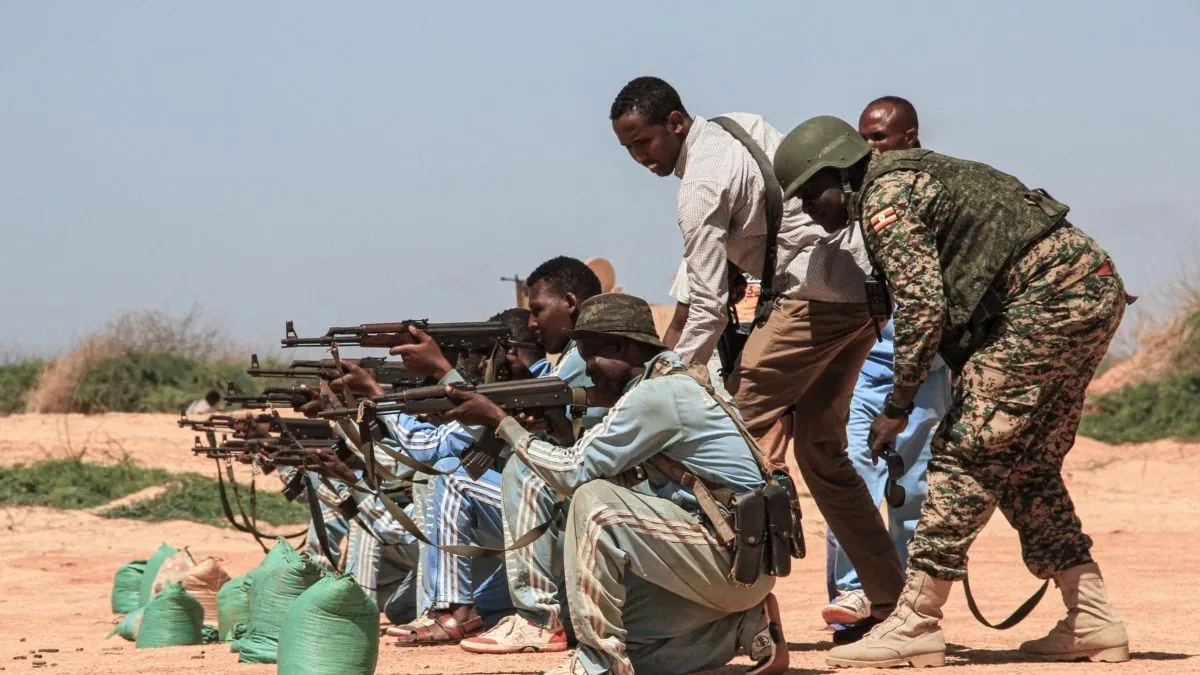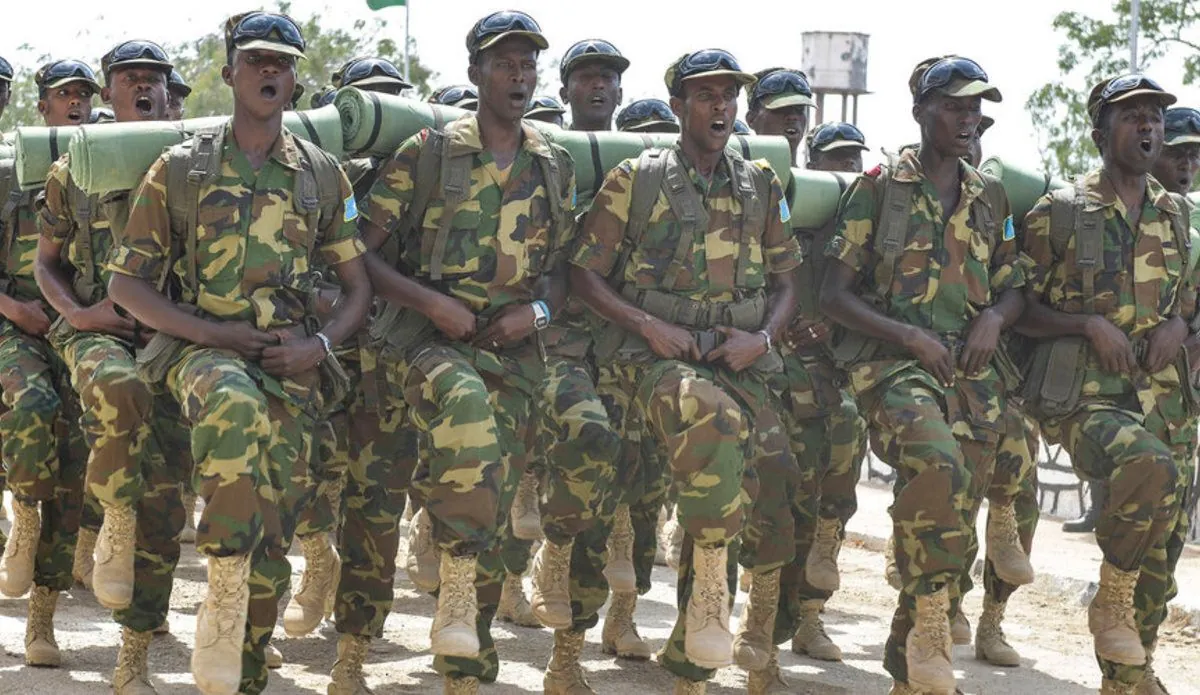UN Extends African Union Peacekeeping in Somalia, Plans Transition
UN Security Council unanimously authorizes African Union peacekeeping in Somalia until year-end. Plans for successor mission and Somalia's security takeover underway, amid ongoing al-Shabab threats.

The United Nations Security Council has unanimously approved the extension of the African Union's peacekeeping operation in Somalia until December 31, 2024. This decision marks a crucial step towards Somalia's eventual assumption of its own security responsibilities.
James Kariuki, the Deputy British ambassador, emphasized the critical nature of this resolution in Somalia's security transition. The African Union Transition Mission in Somalia (ATMIS) is set to reduce its presence by the end of the year, with the African Union Peace and Security Council endorsing the formation of a successor mission.
The resolution requests UN Secretary-General Antonio Guterres and the African Union Commission head to present a design for the successor mission by November 15, 2024. Financing remains a key concern, with an update on estimated costs and resources due by October 11, 2024.

Somalia is encouraged to continue developing its Security Sector Development Plan, aiming to eventually assume full responsibility for its security. This transition comes at a time when Somalia faces ongoing threats from the al-Qaida-linked group al-Shabab, which has intensified attacks on Somali military bases.
Somalia's journey towards stability has been long and challenging. The country established a functioning transitional government in 2012, twelve years ago, after two decades of civil war following the fall of dictator Mohamed Siad Barre in 1991. Despite progress, Somalia continues to grapple with extremist attacks and the lingering effects of piracy.
John Kelley, U.S. Minister-Counselor, commended Somalia's commitment to combating al-Shabab and expressed support for the country's goal of assuming greater security responsibilities. The United States views ATMIS and its anticipated follow-on operation as vital in supporting this objective.
Somali Ambassador Abukar Osman welcomed the resolution, acknowledging the necessity of extending ATMIS to ensure a smooth transition to post-ATMIS security arrangements in 2025. He emphasized Somalia's engagement in high-tempo offensive operations against al-Shabab while simultaneously working to build capable, inclusive, and accountable security forces.
"Somalia is engaged in high tempo offensive operations against al-Shabab while working on building … capable, inclusive and accountable security forces."
The resolution also expresses grave concern over the threat posed by al-Shabab and condemns recent terrorist attacks. On August 2, 2024, al-Shabab claimed responsibility for an attack on a Somali beach hotel that resulted in 37 fatalities and numerous injuries.
As Somalia moves towards taking control of its security, it faces significant challenges. The country has one of the world's youngest populations, with over 70% under 30 years old. This demographic presents both opportunities and challenges for security and development. Additionally, Somalia's economy, primarily based on agriculture and livestock, requires diversification and strengthening to support long-term stability.
The international community's continued support, including substantial remittances from the Somali diaspora, plays a crucial role in the country's progress. As Somalia approaches this critical juncture in its security transition, the world watches with hope for a peaceful and prosperous future in this strategically located nation in the Horn of Africa.


































